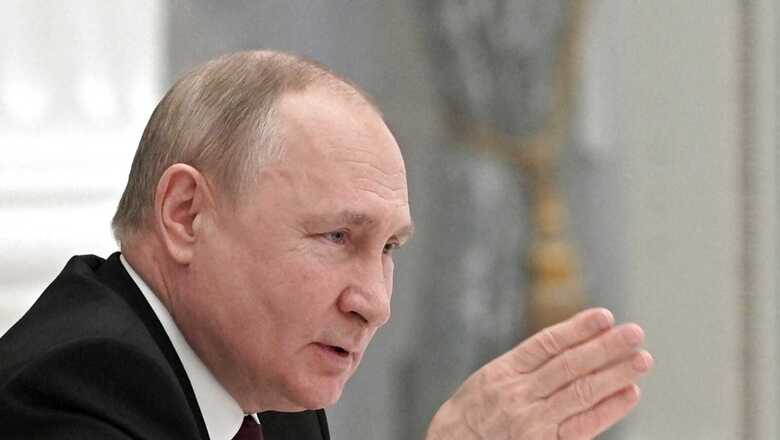
views
The Russian president Vladimir Putin late on Monday signed a decree recognising the independence of Donetsk and Luhansk – separatist held regions of Ukraine. Putin explained that the reason behind the recognition is due to Ukraine ignoring these regions after the 2014 coup.
UN Opens Emergency Security Council Meeting on Ukraine as Russia Recognises Rebel Areas
It is worth mentioning that these breakaway regions declared their sovereignty from Ukraine after pro-Russian president Viktor Yanukovych was ousted from his presidency after the Euromaidan protests in 2014. Putin in his speech on Monday called the ousting of Yanukovych an armed coup where thousands lost their lives. Earlier, Putin alleged that the Ukrainian government never understood the aspirations of the Russian speaking communities in the eastern regions of Ukraine – especially in Donetsk and Luhansk.
The announcement that Russian troops will enter the separatist republics as peacekeeping forces is making the US wonder if it is the false flag operation that Russia would stage as a pretext to invade Ukraine. Since Russian troops are entering essentially on Ukrainian soil – given that the international community does not recognise the governments in Donetsk and Luhansk – the presence of the so-called Russian peacekeeping forces in Ukraine’s breakaway regions increases chances of conflict.
Putin in his speech also pointed out that Ukraine and Russia have a similar history – a notion many Ukrainian nationalists will disagree with. Ukraine is culturally divided between Russia and the rest of Europe, with the western and northern parts of Ukraine more democratic and leaning towards the EU and the West while the southern and eastern parts of Ukraine leaning towards Russia also because these regions are primarily Russophone with most populations speaking Russian and have close cultural ties to Russia.
“Russian and neo-Soviet nationalism remains influential and popular in the Crimea where neo-Soviet and Russian nationalist publications and groups fan anti-Tatar xenophobia and Ukrainophobia,” writes British academic Taras Kuzio in Kyiv Post, who is known to have accurately predicted the Russian annexation of Crimea before 2014.
Perhaps this was reflected in Putin’s speech when he said that Ukraine ‘never had a tradition of genuine statehood’.
The Russian president also said that Bolshevik leader Vladimir Ilyich Lenin was the founder and architect of Ukraine. Though this can be disputed, the Bolsheviks did encourage Ukrainian nationalism when Lenin recognised Ukraine during the years of Russian Revolution in 1918 following the signing of the Treaty of Brest-Litovsk which also ended the Russian participation in World War I.
Read the Latest News and Breaking News here











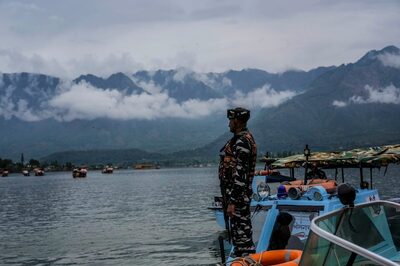

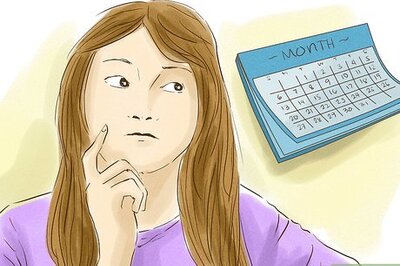
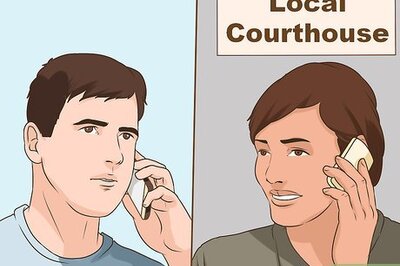
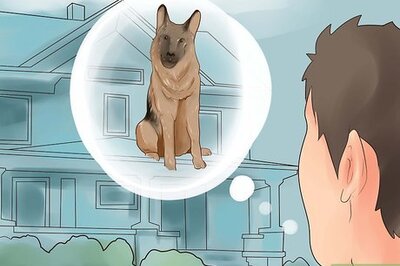
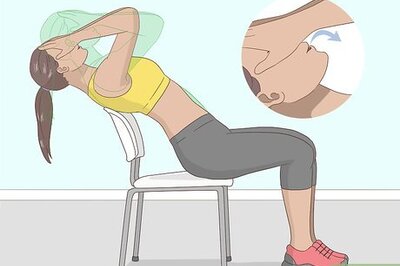
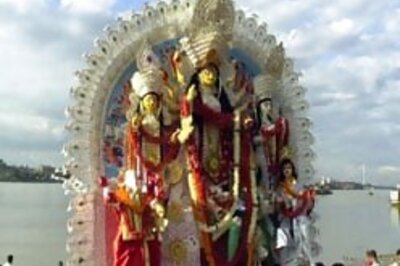
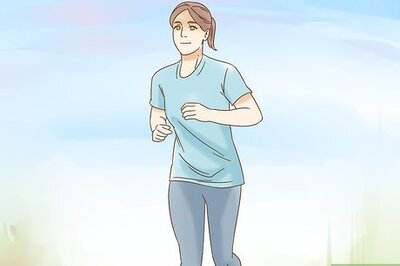
Comments
0 comment